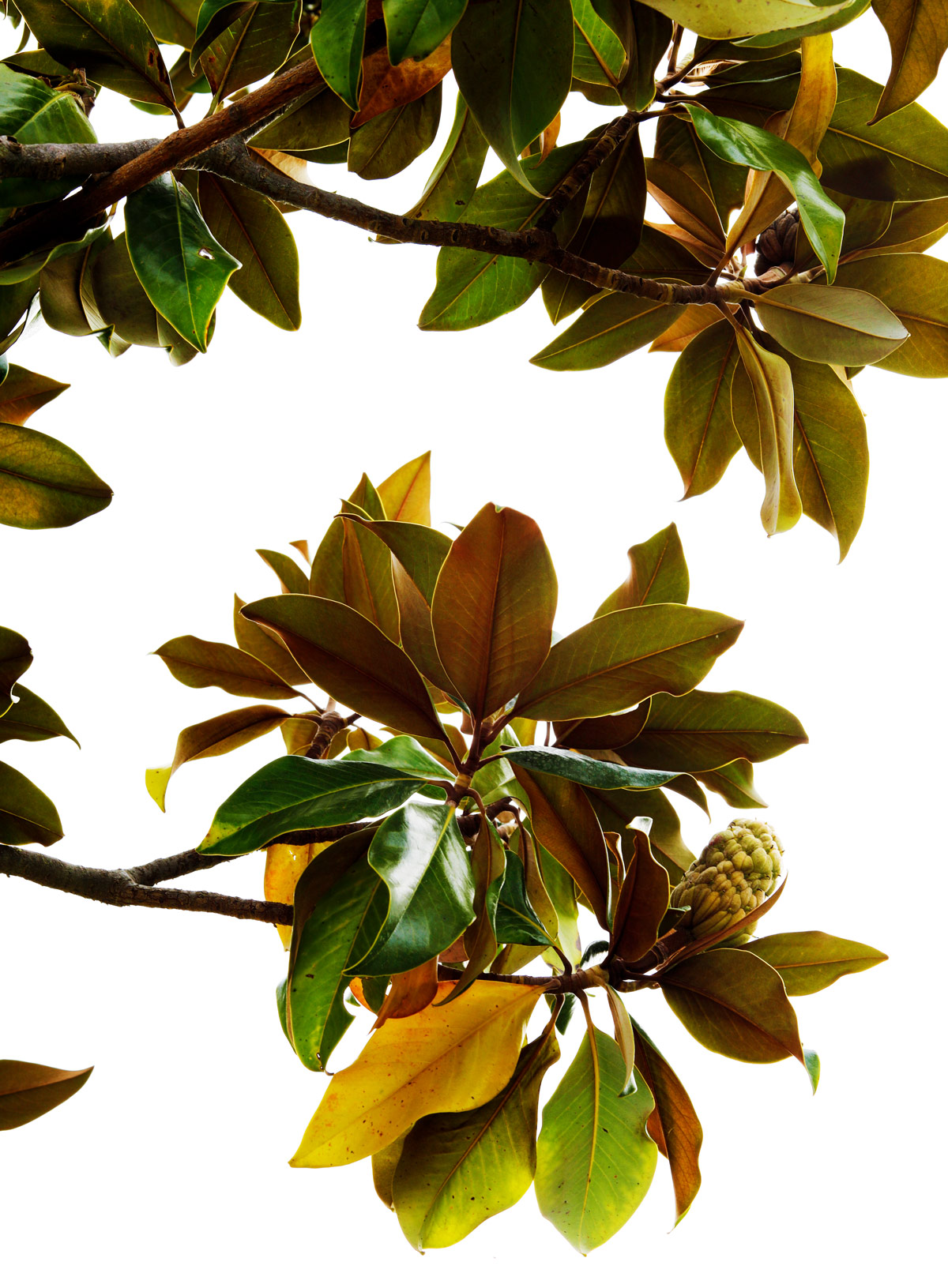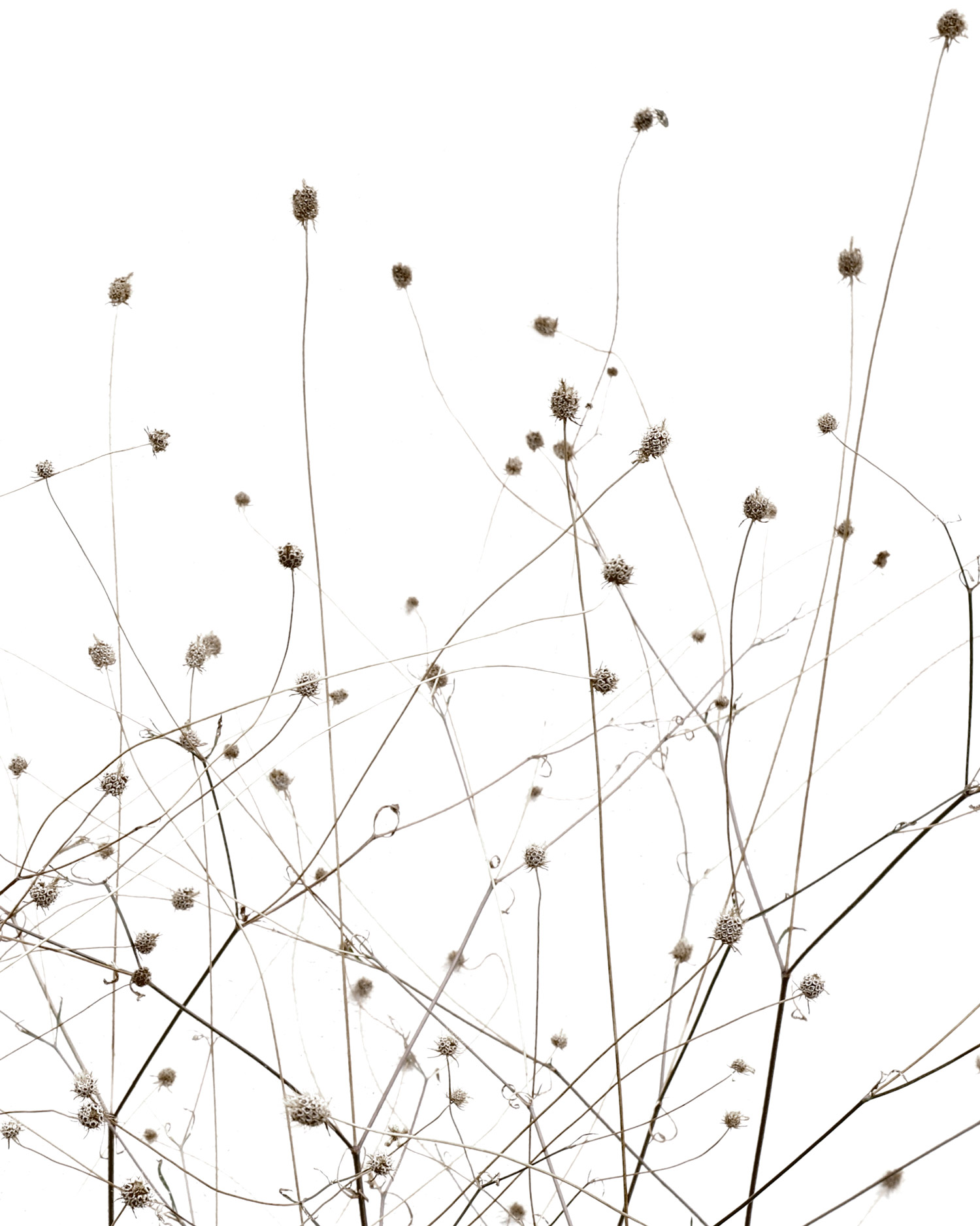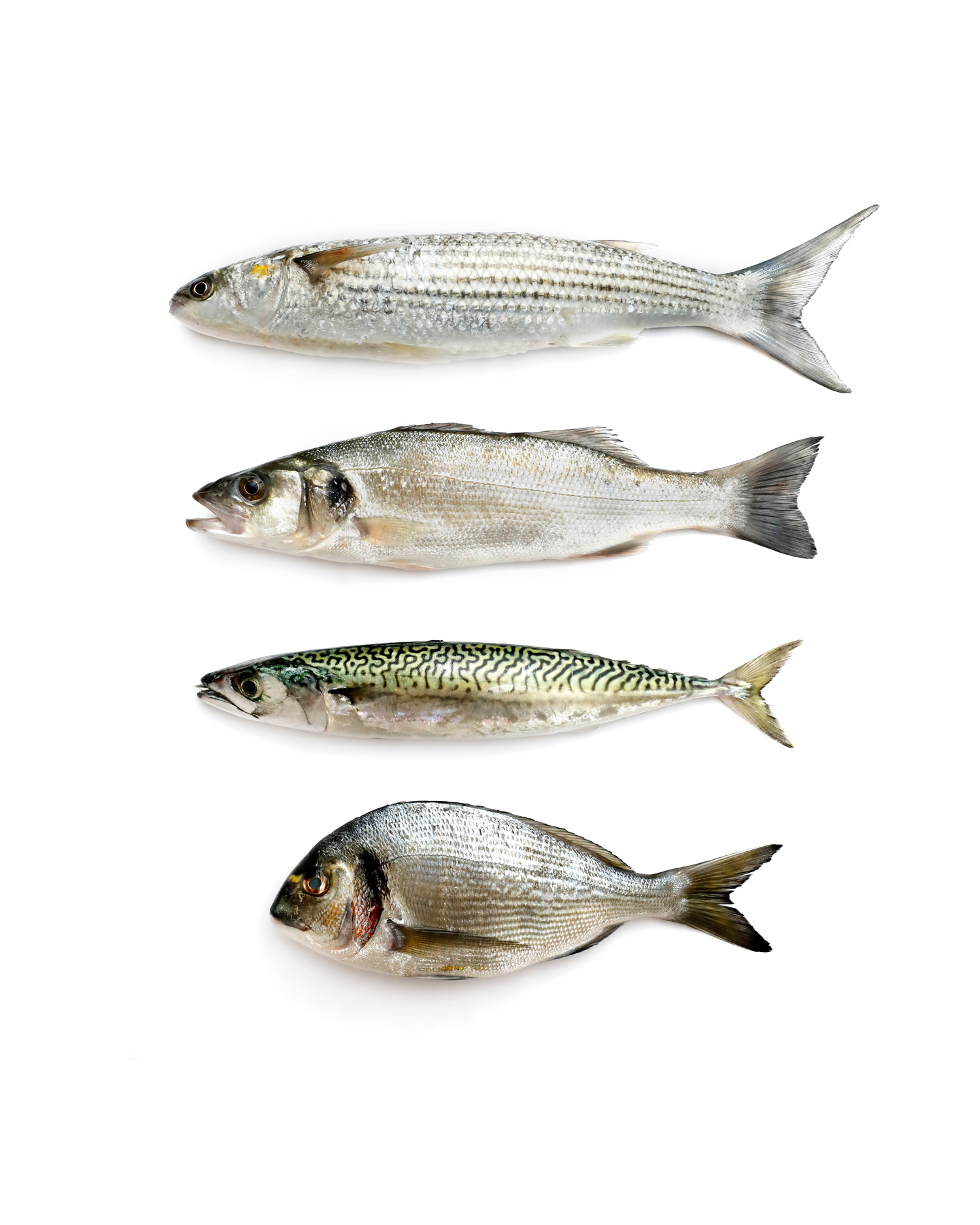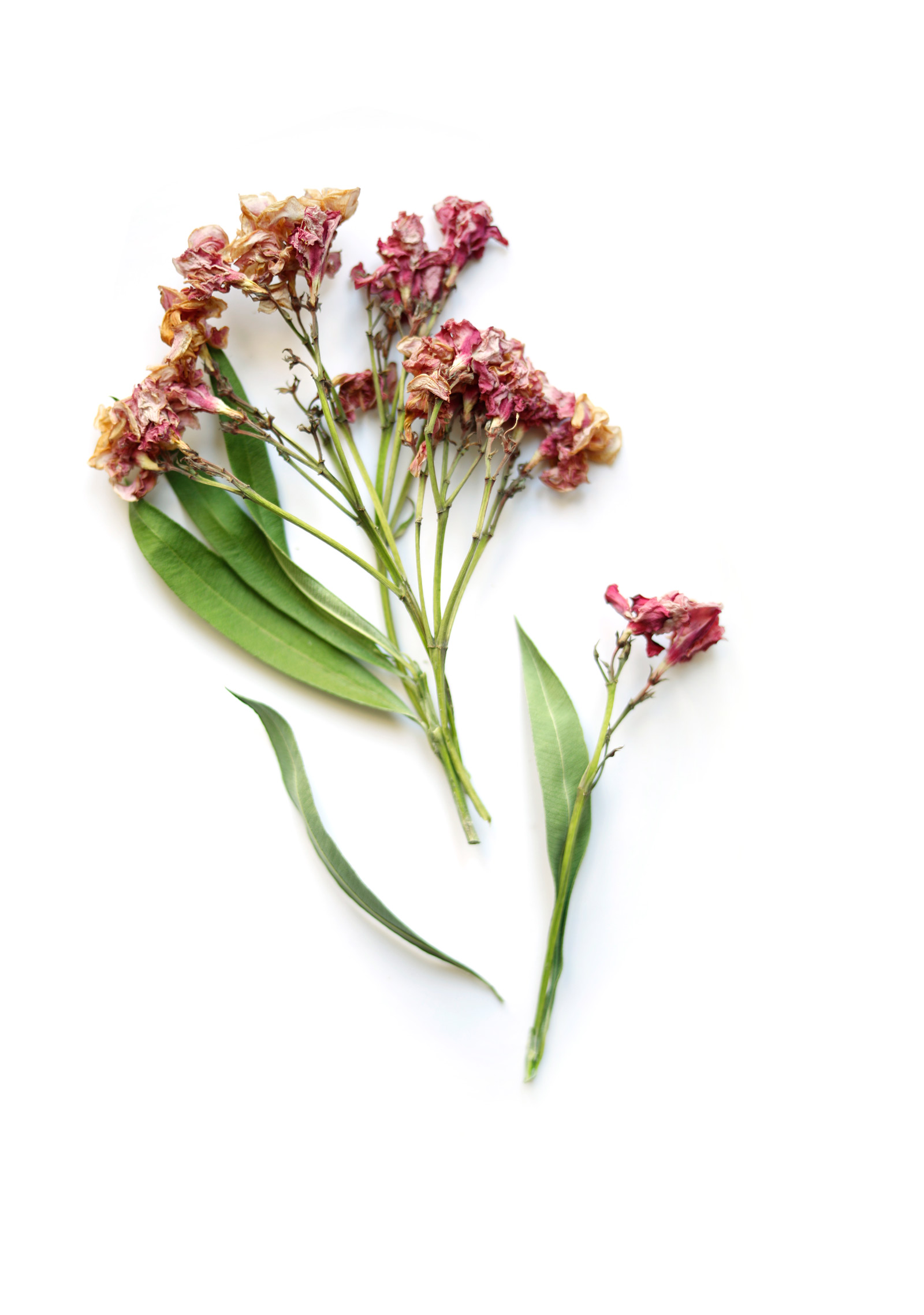
art is everywhere
we spent a well-filling afternoon wandering the outdoor art collection at the incomparable @chateaulacoste near Aix yesterday. it was a magical place, and i am excited to download and revisit the photos i took of the grounds and the art installations. but this photo, taken beside the Louise Bourgeois sculpture, against a white sky, needed no editing. art is where you find it.
magnolia limb with fruit in autumn

expressionism
i just finished a terrific book about the women who were at the origins of the abstract expressionist movement. it was an inspiring and also depressing glimpse into how a group of insanely talented and wise women built a movement based on a pure love of creativity and art, alongside a group of men who wanted the same thing. they ended up mostly intermarrying, and inside the community everyone was respected for his or her talent and skill, regardless of gender. then along came the male art critics, and the businessmen who grappled onto the movement to make money, and suddenly it was the men of the movement, jackson pollock, willem de kooning, franz kline whose names became bywords across the world, and whose paintings made millions of dollars. not because they were better, but because they were men, and it was more comfortable for the men who were judging their work to deal with the work of other men. anyway, one description of jackson pollock stuck with me. someone in the book said that it was impossible to totally understand the work of pollock until we got the first images back from the hubble telescope. at that point it was possible to see that he had tapped into something literally astronomic, some kind of patternmaking that fed off of the patterns of the universe as a whole. i think these stems and dried flowers, in a very minor way, do the same thing. they look to me like neurons, or nerve endings, sending out their signals of knowledge, pleasure, and pain.
(unidentified) dried roadside stems
-
you named men – not one woman
reply

still thrilling
bamboo, while clearly not native, is often used in landscaping here in the languedoc. and, as a northerner, i get a thrill each and every time i see it. so slender and straight. so elegant and foreign. just enough vegetation to create a visual screen, but open enough to let through a breeze. perhaps a stand of aspens would be the equivalent in the north. which now has me wondering: does bamboo, like aspen, make a subtle rattling sound as the wind moves through its shimmering leaves? i guess it’s time to find out.
bamboo
-
Now I’m curious, as well!
reply

practice lunch
on tuesday of next week, we are hosting a one-star michelin chef (Anne Majourel) for lunch at our place. so, today we bought four different fish from our fishmonger to test a recipe in order to avoid, if possible, not falling completely flat on our faces. i will report the extent of the damage next week.
mediterranean mullet, branzino, mackerel, sea bream
-
bon appétit!
reply

translation
we see this flowering plant everywhere. it is the default flowering hedge in most gardens and along the tops of many walls. our neighbor warned us that it is poisonous. that it is called “laurier rose” or pink laurel, but that it bears no resemblance culinarily to the bay laurel that we use to flavor so many dishes here. we have tried to describe it in french many times, and have often forgotten its french name. the other day i was trying to describe it to an english speaking friend. “it has leaves like a laurel tree, but it’s a shrub. it has simple pink flowers that are beautiful but the whole plant is toxic, i don’t know how else to describe it.” well, if i had known then what i know now, i could have simply said, “oh yes. that’ an oleander,” and gotten on with my life.
dried october flowers


